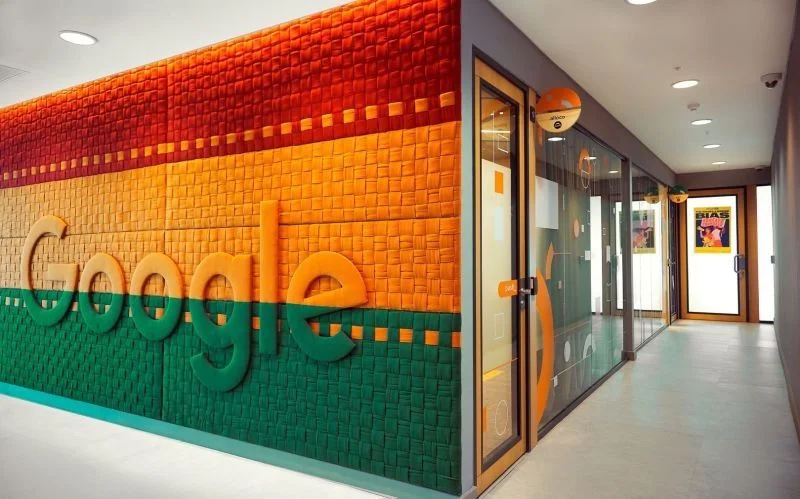Fresh, on-the-ground evidence from health planners and climate analysts in Rwanda, Nigeria and South Africa shows how the Open Buildings dataset, which maps more than 1.8 billion structures, is helping frontline projects close service gaps and strengthen community resilience.
Across the continent, artificial-intelligence tools are graduating from pilots to public-service workhorses, powering everything from crop-price forecasts to live language translation. Open Buildings—developed by researchers at Google Research Africa—is part of that shift, proving that open, locally guided AI can turn sparse data into timely decisions without locking African problem-solvers behind paywalls or proprietary gates.
In Rwanda, the Ministry of Health and Kigali-based Sand Technologies resited rural clinics with help from the dataset. Their new blueprint aims to bring 92% of citizens within a 30-minute reach of care, trimming journeys that put mothers and newborns at risk.
Across Northern Nigeria, epidemiologists at AFENET and geographers from WorldPop uncovered 10,250 buildings, guiding vaccinators who reached 70% of the zero-dose and under-immunized children identified through the mapping in just six months.
Meanwhile, the World Resources Institute (WRI) has already applied this flood-risk modelling in Dire Dawa, Kigali, Musanze, Gqeberha and Johannesburg, combining two-dimensional hydraulic simulations with building footprints to create block-by-block exposure maps. The need is pressing: Nairobi is still recovering from the May 2024 floods that displaced more than 278 000 residents, while Johannesburg’s rapid growth along the flood-prone Jukskei River continues to heighten vulnerability
These projects tackle challenges felt across the continent. Africa still has about 8.7 million “zero-dose” children who receive no routine vaccines each year, while the urban population is projected to almost double to nearly one billion people by 2035— forcing new homes into high-risk floodplains and informal settlements. By giving ministries, city engineers and NGOs a street-level view of where communities are growing and how they change over time, the Open Buildings dataset lets limited budgets flow to the people and places that need them most.
Dr Aisha Walcott-Bryant, Research Scientist & Head, Google Research Africa
“These projects show what happens when local expertise meets open, scalable technology: mothers reach clinics sooner, children receive long-overdue vaccines, and city planners get ahead of the next flood. We’re thrilled to stand beside partners who turn data into decisive action, proving that AI’s highest calling is to solve real-world challenges.”
From lifesaving clinics to climate-smart cities, these projects show how open AI is fast becoming Africa’s quiet engine for equitable progress.
The Open Buildings dataset—along with sample code, tutorials and its new 2.5D layer—is freely available at g.co/openbuildings.


